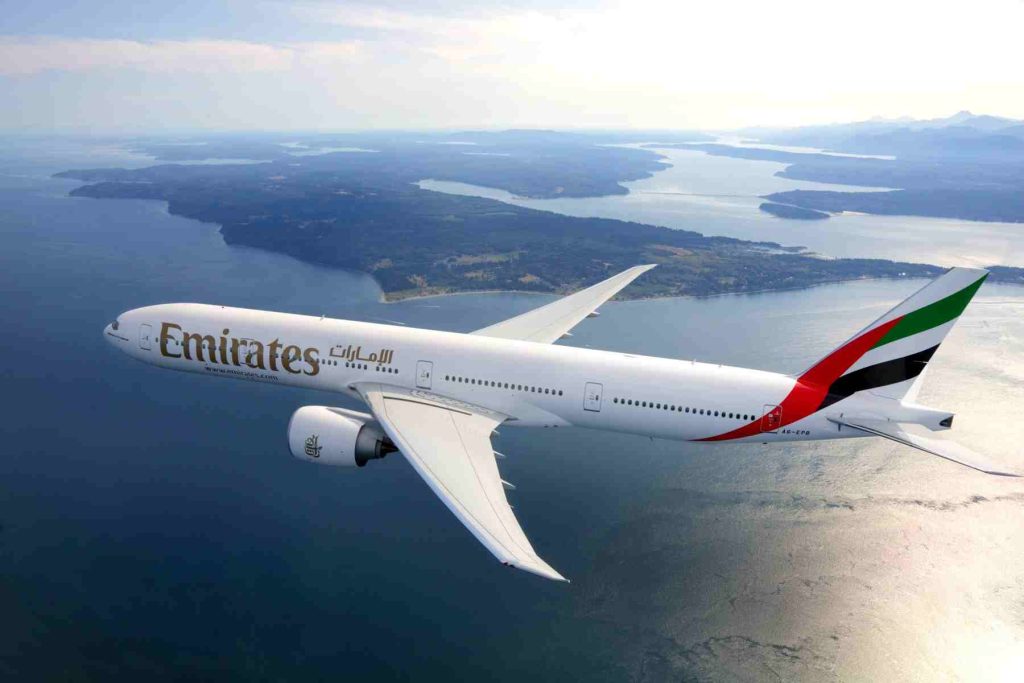Thursday, May 4, 2023

The UK public is “deeply conflicted about travel” due to its environmental impact but individuals are reluctant to support government intervention that directly affects them.
That was the assessment of Kelly Beaver MBE, chief executive UK & Ireland of a research company.
Speaking at a conference last week, Beaver said the British public is very much in a negative mindset about the future of their economy but offered a more positive outlook for the travel industry.
Inflation and the state of the economy are the two biggest concerns of the British public right now, she said, pointing to recent Ipsos research that shows 58 per cent of the public believe the UK economy will get worse over the next 12 months.
Conversely, 22 per cent believe it will improve and 17 per cent think it will stay the same.
However, there’s a lot of energy around travel, she continued.
According to a March survey of more than 1,000 British adults, more than half of the general public had travel plans within the next three months and 26 per cent of employed adults had business trips scheduled in the next three months.
What is more complicated, she said, is the public’s attitude to aviation’s impact on the environment.
Some 40 per cent of the public believe aviation is one of the main causes of global warming – behind only the energy supply sector (43 per cent) and road transport (42 per cent) – but it is “problematic” that only 30 per cent believe the sector is making efforts to reduce emissions.
That fares poorly compared to energy and road transport, where 43 per cent and 38 per cent of the public respectively believe environmental efforts are being made.
Meanwhile, 42 per cent of respondents agree the only way to reduce carbon emissions in the aviation industry is for fewer people to fly, while 58 per cent believe there are important social and economic benefits from air travel to/from the UK.
The upshot is that the public is divided on government intervention to help ‘green’ the sector, said Beaver: only 30 per cent agree taxes on airfares should be increased to encourage people to fly less while 37 per cent disagree.
Public support for [government] intervention is high but as soon as there’s a trade-off for that individual then it changes, said Beaver.
Of the means of reducing aviation’s environmental impact, newer, more efficient aircraft were viewed as the most important option (by 77 per cent of respondents), followed by the use of sustainable aviation fuel (74 per cent), new technologies such as hydrogen power (73 per cent), more direct flying routes (69 per cent) and offsetting (65 per cent).
In other recent Ipsos findings, 38 per cent of employees say they have felt under constant strain at work in the past six months, a figure that rises to 47 per cent among 16 to 24-year-old workers.
Asked what employers can offer in order to retain workers who are likely to leave their jobs in the next 12 months, increasing pay was the standout response (identified by 53 per cent of respondents), followed by promotion (21 per cent), more recognition/respect (20 per cent), freedom to work from home/office as they please (20 per cent) and a flexible working week (19 per cent).
Sunday, April 28, 2024
Sunday, April 28, 2024
Sunday, April 28, 2024